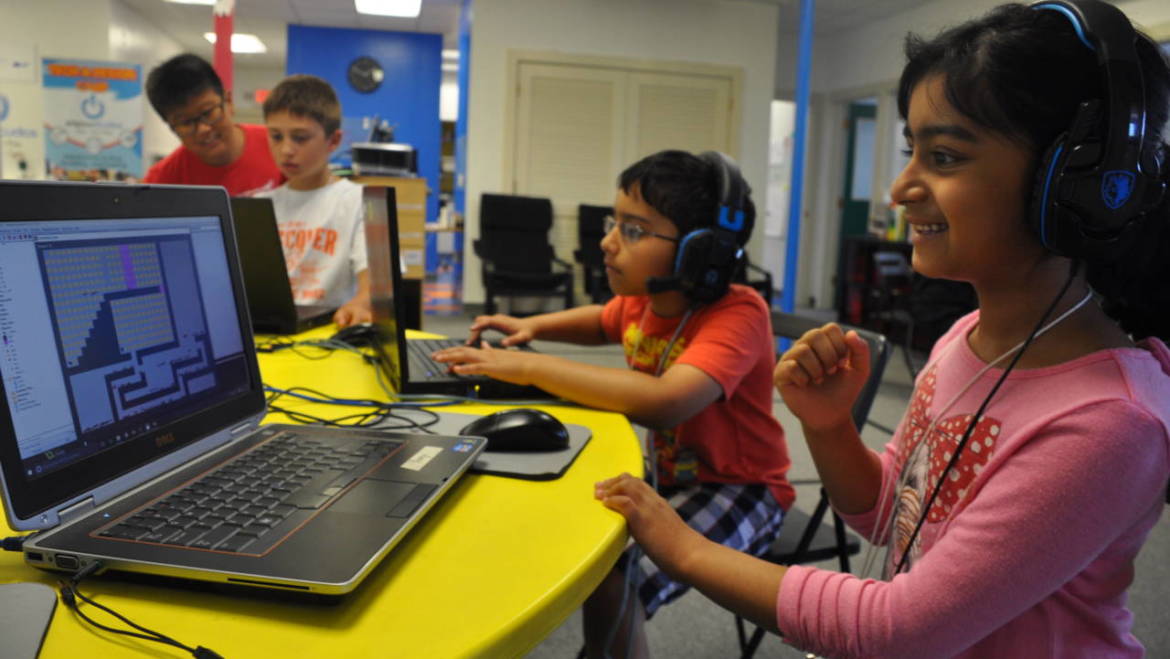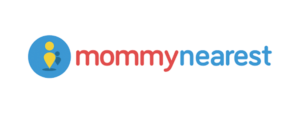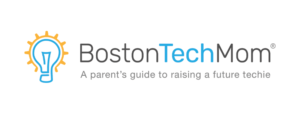Pathways to the Future: Acquiring 21st Century Skills
Whether you believe contemporary education is still inherently effective or not—in mythic terms, whether it’s ostensibly “good” or “bad”—you’d have to at least admit it ain’t what it used to be.
As cliched as the adage “This isn’t your parents’ so and so…” is, it holds weight in today’s cultural purview and in our society’s outlook on education and career pathways. Whenever and wherever possible, industries are going digital, a landscape completely distinct from prior generations. If young folks, students and emergent learners alike, are to be viable and relevant in the economic marketplace of the future, it benefits them—and us—to learn the framework of 21st century skills in a digitized, plugged-in world.
At the dawn of the 1990s, public schools remained overcrowded, underfunded, still grappling with special needs populations, and tired of the tumult. Charter schools were willed into existence across the country, infused with idealistic visions of experimental learning at publicly-funded, privately-managed institutions, what former American Federation of Teachers president Albert Shanker referred to in 1988 as “education laboratories.” Alas, the hope that charters would revolutionize education was cut off at the knees when too many of them succumbed to the pursuit of elitist cache and/or a dubious conflating of the terms “non-profit” and “for-profit.” This often meant that students, no matter how well-intentioned the schools’ missions were at their inception, were the ones to go without.
The teaching and fostering of 21st century skills should start right away.
So, where are we now? Schools can no longer subscribe simply to the Socratic method of lecture plus questioning or lesson-homework-review cycles, that much is clear, although it’s a foundational place to start. Smart, cutting-edge schools and extra-curricular enrichment programs have been incorporating more elements of project-based learning and Universal Design into their curriculum, building engagement and meaningful discovery by putting the students in the driver’s seat of their own learning. And it gives rise to a lifetime of pursuing and absorbing information.
“The teaching and fostering of 21st century skills should start right away,” says Heather Shanley, M. Ed., longtime special education teacher and founder of Special Edventures, which provides professional special education development and advocacy support for parents and first responders responsible for the care of children. “A lot of children’s toys are already geared toward this, even if we don’t notice. A shape sorter, for example, requires the kind of skills we’re talking about.”
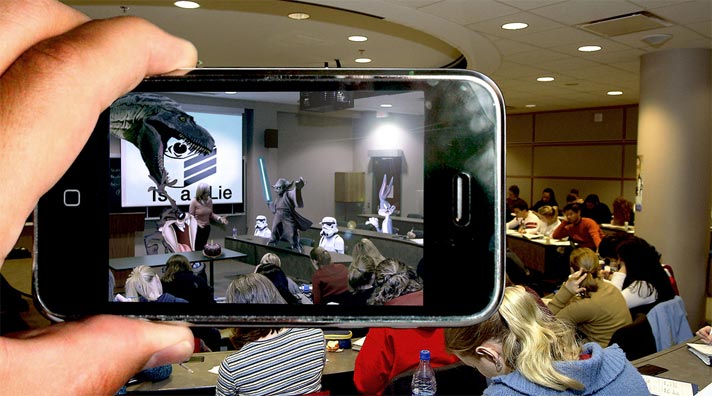
Let’s talk about them, then. While the parameters of what constitutes 21st century skills contracts or swells depending on the source, it’s generally agreed that the various competencies fall under these overarching umbrellas:
- Critical Thinking
- Creativity
- Collaboration
- Communication
- Technology/Media/Informational Literacy
These skills inextricably link to what employers in the modern workplace want and need of their employees (see EdSurge.com for additional relevant data): the ability to reason, analyze, and problem-solve; to think efficiently, yet innovatively, outside-the-box; the capacity to understand and work alongside colleagues with sensitivity and clarity; to communicate across diverse demographics and environments; and the ability to access and use technological tools in navigating the internet, media landscape, and other branches of science, engineering, and computing.
Additionally, these 21st century skills have also proven to be essential to future success:
- Flexibility
- Leadership
- Initiative
- Social Skills
This last tier harkens back to Harvard psychologist Howard Gardner’s “Theory of Multiple Intelligences,” the notion that the scope of an individual’s intellect should be broadened to include areas outside general psychometric measurements, to account for the kinds of traits that don’t necessarily show up on an academic “stat sheet” (to invoke a sports analogy). Does it make sense for schools, hampered as they are by budget and time constraints, to direct resources toward traditionally-unattended abstracts instead? And how and when do we incorporate a more sophisticated level of technology to support and scaffold curriculum around this?
With low scores in math, reading, and science, the U.S. needs to focus on those critical thinking, collaborative, creative, and communication skills to stay relevant globally.
Rick Benavides, Media/Computer Instructor and Data Control Administrator for the Frostig School in Pasadena, CA, a special education elementary through secondary school that caters to students with specific learning differences, agrees that while technology is shaping the future, it’s the vital competencies that should be pointing the way. “Technology should aid in the learning, not the other way around,” he notes. “Of course, the level of access will continue to be important, but access shouldn’t automatically assume that students can utilize the tools they’re given effectively or responsibly at first. There must be prior introduction to the ‘4C’ skills. With low scores in math, reading, and science, the U.S. needs to focus on those critical thinking, collaborative, creative, and communication skills to stay relevant globally. The sooner kids are learning this, the better.”
If we acknowledge that primary schooling can’t always tick the necessary boxes or see the “whole child,” how can parents and mentors supplement their kids’ education with stuff that really matters, stuff they really care about? It’s a question that enrichment centers like Empow Studios in Lexington and Newton, MA, and makerspaces like Artisan’s Asylum in Somerville, MA, have been attempting to answer. They’re entirely focused on bringing young folks’ STEM/STEAM interests—science, technology, engineering, arts, and math—to the fore in meaningful, memorable ways (i.e. hands-on activities, projects from conception to completion). Empow and AA offer curriculum, studio space, workshops, classes, and clubs designed around what students, collectively and individually, care about in the tech realm, including programming robots; scripting and coding video game adventures; composing an original music piece; animating a digital short film; building smart, wearable tech; and engineering a community-powered wheelchair, to name just a few projects. By proxy, exploring and engaging with these programs helps to nudge kids toward career paths that might actually feed their new or emerging skills.
For example, a student who displays an aptitude in interpreting graphs or maps, putting puzzles together, or recognizing patterns quickly—an indication of high visual-spatial intelligence—might enroll in an architecture program at Empow or help to design a tiny home in a session at Artisan’s manufacturing space. Natural progression, provided the spark catches fire in the child, suggests a pathway to a career in real-world architecture, 3D modeling, or engineering. For a student who is adept at solving problems, thinking abstractly, or conducting scientific experiments (a logical-mathematical intelligence!), then diving into computer programming, video game design, or statistics may usher them down a particular professional path. Like an expansive restaurant menu, pairing a student’s internal motivation, learning style, and skill set with their interests and inspirations leads to a satisfying, well-balanced educational meal.
So, while learning the fundamentals of coding provides legitimate career potential in a number of tech industries, where do elements like social skills or flexibility prove valuable? “At certain tech companies,” Shanley adds, “it’s not uncommon for them to hire a social skills coordinator to help facilitate interactions because it’s a field in which a number of highly-qualified employees often struggle socially. In most professions, working collaboratively and being flexible is a must to ensure the desired outcome for each project. And that all coalesces into leadership.”
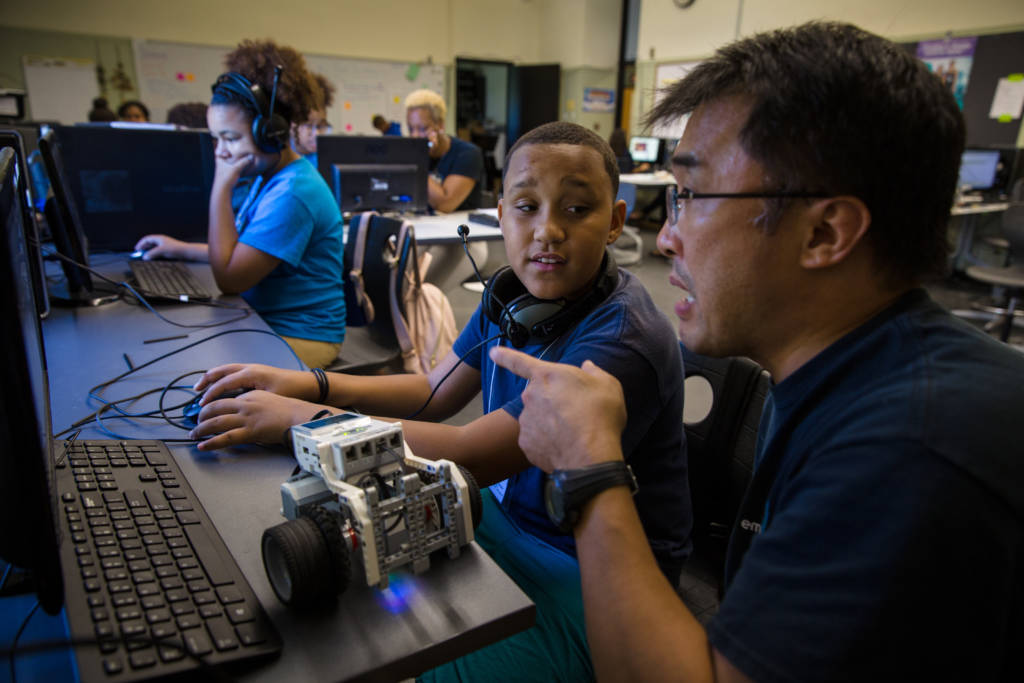
Despite their continued undervaluing amidst a national perception of diminishing educational returns, innovative, empathetic, and dedicated teachers remain the X-factor difference between a serviceable and great learning experience. “Schools need to know their students,” states Benavides. “Teachers still play an integral role in helping schools figure out what their students need to focus on. Access to tech isn’t always consistent, but the lessons built around them, the exploration of critical skills, should be, and that’s why the human teacher touch is still valid.”
“Imagine the possibilities of augmented or virtual spaces in the classroom,” says Dave Gutierrez, VP of Operations at Empow Studios. “Students would be able to visit other countries, interact with historical figures, and so on. But we still need teachers to build structure in those lessons and guide kids through it, like educational shepherds, in a way.”
In the end, it’s true— this isn’t the school experience your parents grew up with, and that’s a good thing. New modalities of learning, interacting, and self-reflection, combined with an emphasis on technology, have opened up educational and social pathways our forebears never dreamed of. Access, innovation, parents and teachers taking measured (but supported) risks, and education leaders creating opportunities for non-traditional learning must collectively integrate if younger generations of students are to navigate the evolution brought on by this new era. The blueprint for personal and professional success is dotted with variables and unknowns, but the acquisition and application of 21st century skills helps to make students on the journey that much more prepared and confident.
And maybe, just maybe, it’ll get us ready for what the 22nd century brings.

